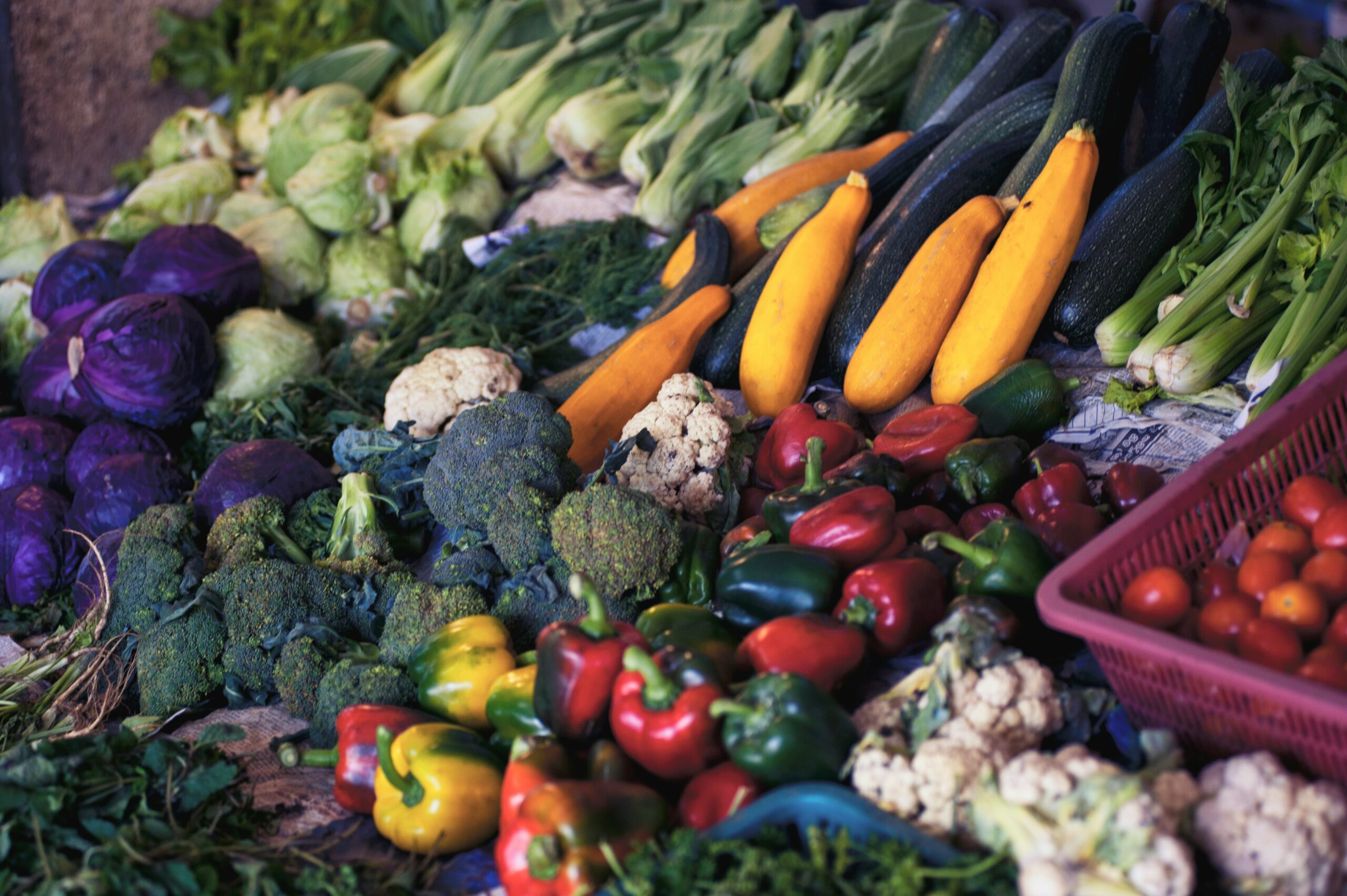ICE is responsible to roll out a modular training program designed to enhance the knowledge and awareness of decision-makers regarding sustainable agricultural practises linked to sustainable food systems. This activity will equip leaders with the necessary skills and knowledge to promote and implement sustainable practices within their respective regions. The training sessions are scheduled to take place in all project partner countries, running from October 2024 to March 2025. The training program will cover a comprehensive range of topics, including the concept of sustainable land use, sustainable agricultural practices and food systems, sustainable consumption, and urban farming. Participants will explore the socio-economic potentials of urban agriculture, gain insights into EU and global good practices, and learn effective outreach methods for engaging various stakeholder groups. The curriculum will also include practical examples and lessons learned from pilot actions, providing a rich repository of knowledge and experience. One of the key components of the training will be a deep dive into agroecology, highlighting practical applications such as: · Conservation Tillage: Techniques involving no or minimum tillage to improve soil structure and enhance organic matter content. · Intercropping and Polycultures: Methods for mixing crops within a single plot to leverage biological complementarities, improving nutrient and input efficiency, optimizing space use, and regulating pests, ultimately enhancing crop yield stability. · Crop Rotation and Fallowing: Practices that conserve soil nutrients across seasons and disrupt the life cycles of pests, diseases, and weeds. Additionally, the training will explore practices under the permaculture framework, such as: · Systems Approach and Resource Loop Closure: Strategies like rainwater harvesting and composting to efficiently manage resources and nutrients. · Utilizing Ecosystem Services and Biodiversity: Incorporating pollinators, nitrogen-fixers, and beneficial wildlife into agricultural systems to enhance productivity and ecological balance. · Focus on Production: Transforming landscapes by replacing traditional lawns with productive crops and growing perennial food plants. This training initiative aims to empower decision-makers with the knowledge and tools to drive sustainable transformations in their regions. By integrating these practices, they can contribute to a more resilient and sustainable future, aligned with global environmental goals. We are currently in the midst of developing comprehensive training materials that will not only imparts valuable knowledge but also sparks enthusiasm and engagement. Let’s sow the seeds of change together!

ICE to Launch Training Program for Decision-Makers on Sustainable Practices
Date: 07.08.2024
By: CoFarm4Cities